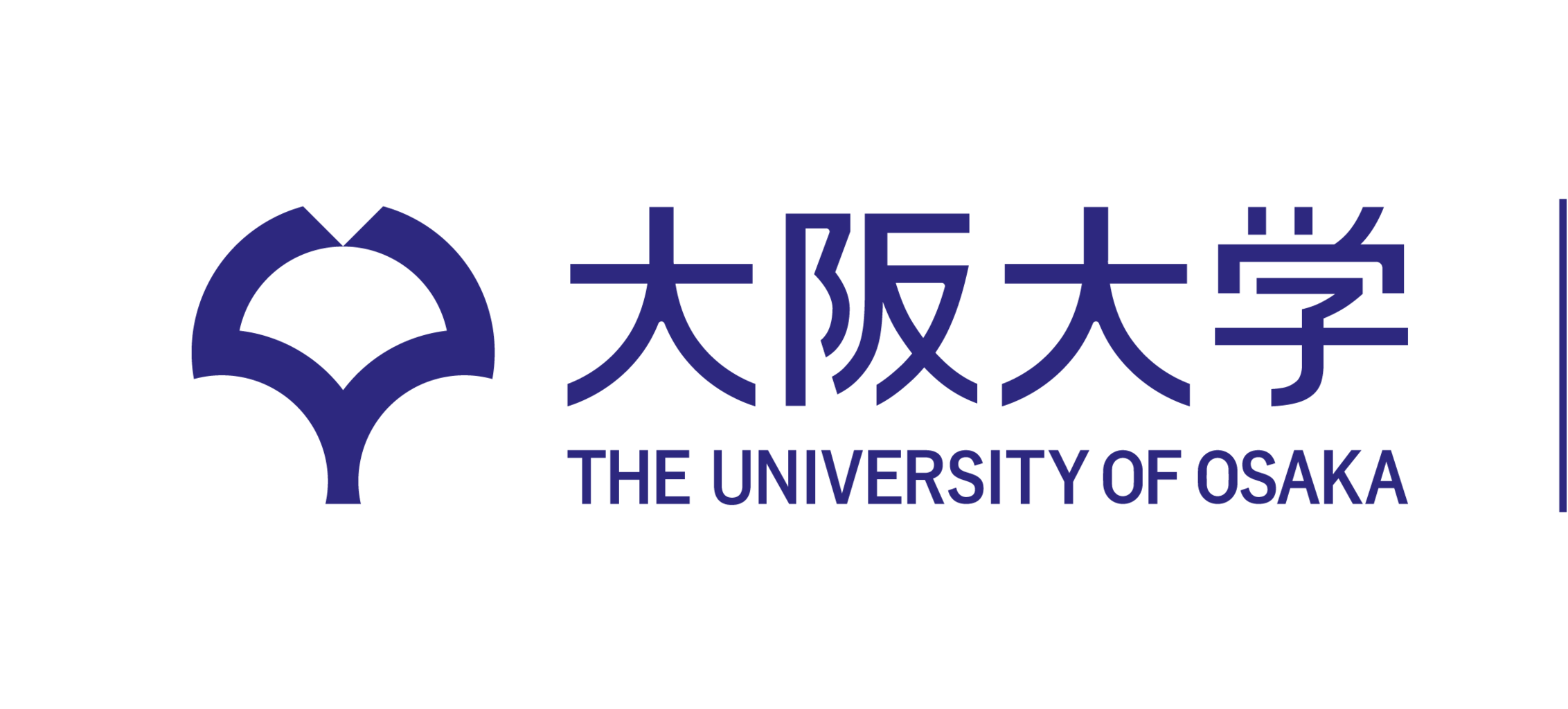Sociology of Culture
Creating a public society

“Public Sociology” laboratory from 2026
At the Laboratory of “Sociology of Culture” (“Public Sociology” from 2026), we consider how people’s interactions mediated by social institutions create a public society. Emphasizing the relationship between the public and intimate spheres and how they mutually shape each other, we cover a wide range of topics, including the family, community, cities, welfare systems, human rights, crime, politics, and civil society. With a basis in sociological theories, our research incorporates diverse theoretical approaches including normative and political theory. We utilize not only qualitative methods, such as fieldwork, interviews, and text analysis, but also quantitative ones. Through these interdisciplinary and methodological approaches, we aim to understand how people create the common conditions that shape their social interactions and relationships.
Research Topics
■ Political sociology, Urban and regional sociology, Contemporary political theory, Social policy, Criminal sociology, Bioethics, Human rights theory and practice, Family sociology, Welfare sociology
Based on sociological theories and methods, we examine various aspects of contemporary urban and regional transformation, from macro structural changes in urban spaces to changes in the life world of local communities. In addition to metropolises, regional cities, and rural villages in Japan, our research also encompasses cities and regions in East Asia. We are particularly interested in urban and regional politics, governance, and civil society. Our research takes a mixed methods approach that includes fieldwork, interviews, questionnaire surveys, and text analysis. (Masao Maruyama)
While existing welfare systems have been built around paid employment, my research focuses on normative questions surrounding changing forms of work (democratically organised work, care work, etc.) and welfare in contemporary societies. Areas of supervision include contemporary political theory (theories of justice, equality, care, democracy) as they relate to a broad range of real-life issues, social policies and institutional arrangements regarding care, work, intergenerational relations, and citizen-led social change among others. (Chikako Endo)
Examining links between inequality, social justice, conflict, governance, and human rights, we focus on the contexts of meaning within which human rights are invoked and practised. After empirically exploring human rights discourses that emerge from the context of contemporary Japanese society, particularly as they relate to existing social movements, we discuss why human rights cannot be reduced to legal and philosophical analysis and what a social scientific approach can contribute to the important project of protecting and promoting human wellbeing in the twenty-first century. We also explore the relationship between human rights and culture, including the problems of cultural imperialism and cultural relativism, or more specifically whether different countries have different values about human rights, meaning that a single global standard cannot be imposed by institutions such as the United Nations or indeed Western powers. Students will be urged to engage with human rights challenges from a viewpoint that is both critical and interdisciplinary. They can expect to develop a good understanding of the social structures impacting human rights as well as the definition, development, and abuse of rights around the globe. (Silvia Croydon)
My research focuses on how childcare can be reorganized within the intimate and public spheres amid structural changes surrounding the family. Specifically, I aim to elucidate the social structural determinants, long-term impacts, and protective factors of adverse childhood experiences (ACEs). To this end, I employ a mixed-methods approach combining quantitative methods using nationwide survey data with qualitative methods based on interviews with participants. Additionally, I am engaged in a “public sociological practice” that links issues within the private sphere of the family to social structures, making them visible and addressable as public challenges. (Haruyo Mitani)
Staff
-
Professor
Maruyama Masao -
Associate Professor
Endo Chikako -
Associate Professor
Croydon Silvia -
Associate Professor
Mitani Haruyo -
Professor (Concurrently)
Ishikawa Mayumi 【Concurrent Staff】



